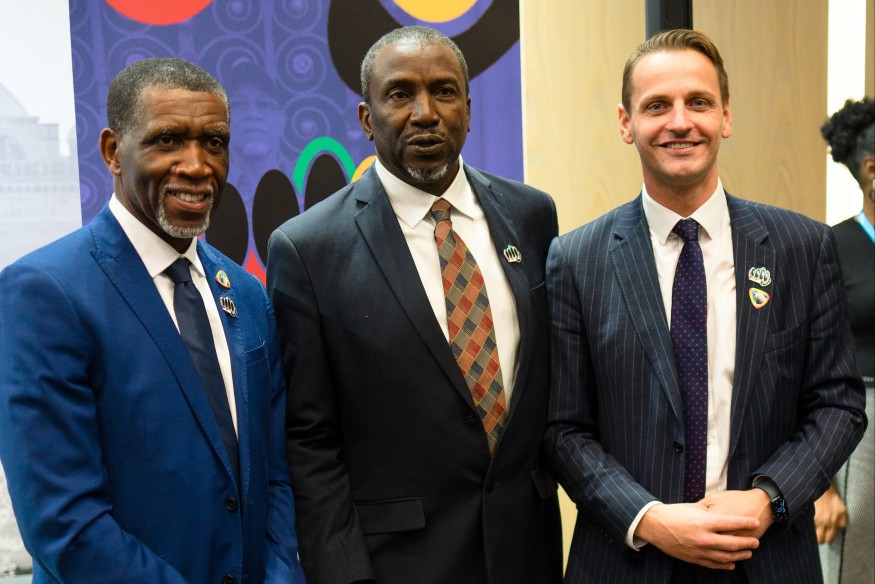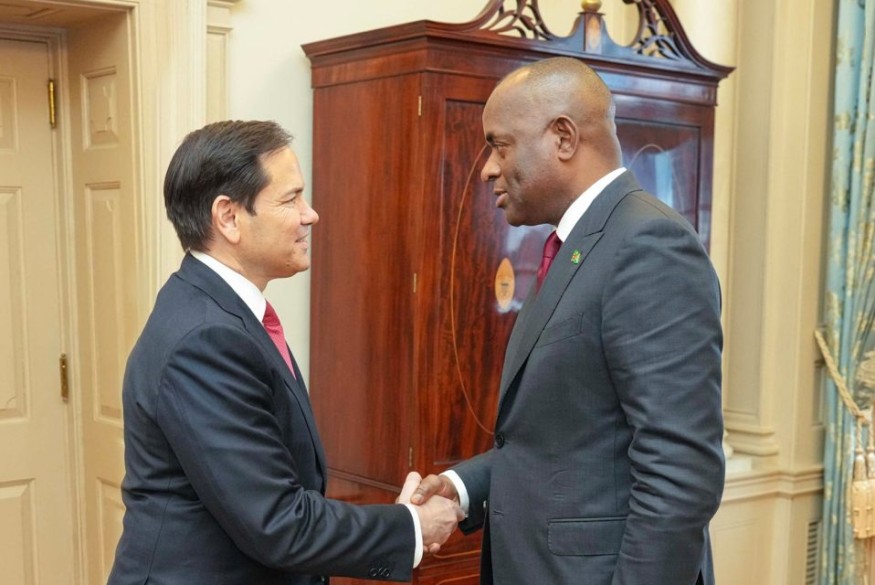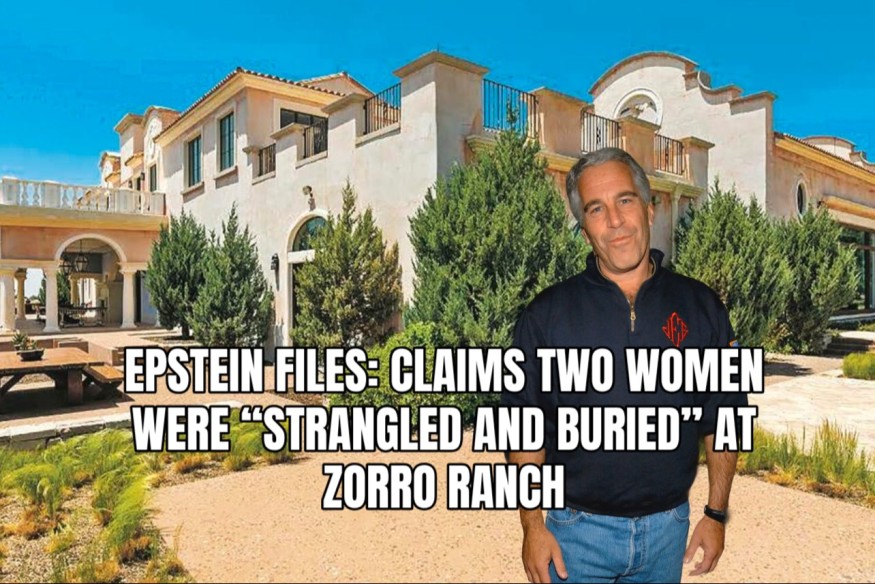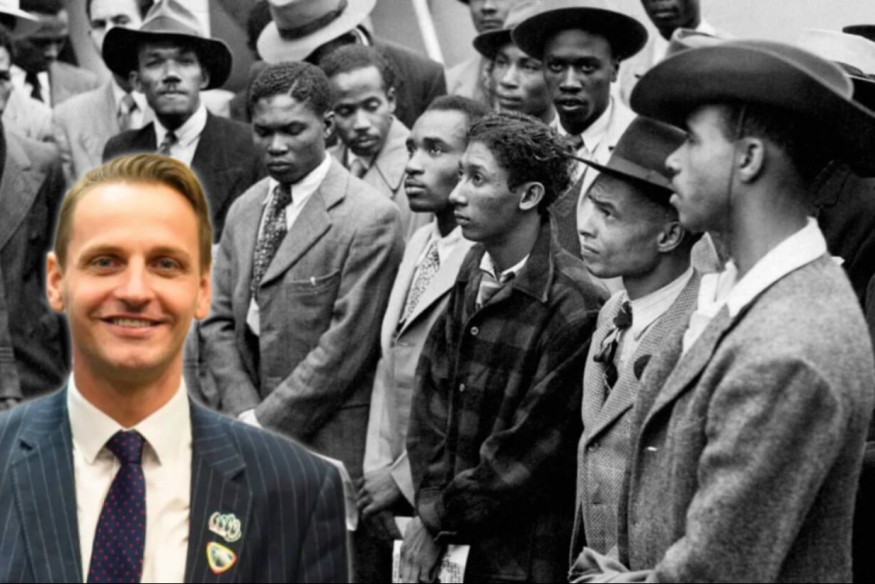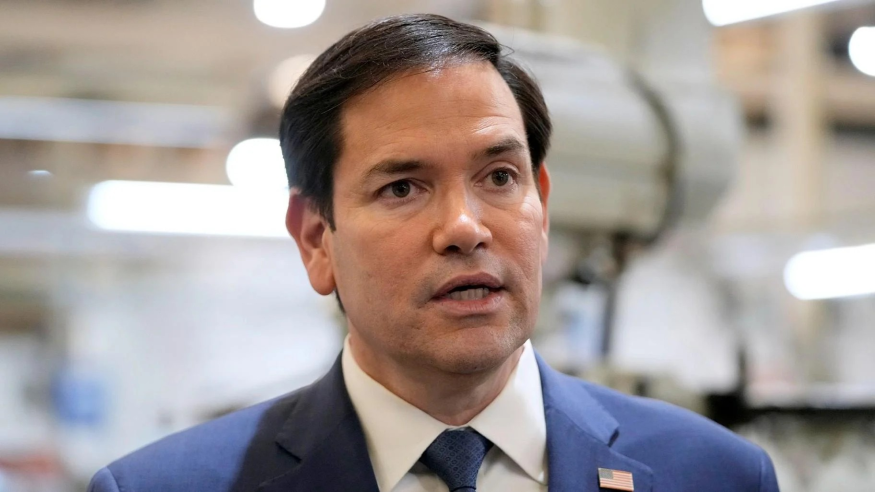
June 15, 2025
By JamRadio Newsdesk | 22:15 GMT
LONDON, UK — Tensions are rising between the United States and several Eastern Caribbean nations after a leaked memo from the U.S. State Department, reported by The Washington Post, revealed potential visa sanctions targeting Antigua and Barbuda, Dominica, Saint Kitts and Nevis, and Saint Lucia.
At the heart of Washington’s concern is the controversial citizenship by investment (CBI) programmes offered by these island nations—initiatives that allow foreign nationals to purchase citizenship, often with little to no residency requirements. The leaked document, signed by U.S. Secretary of State Marco Rubio, accuses the programmes of creating pathways for illicit actors to obtain Caribbean passports and enter U.S. territory under “false pretences.”
Advertisement
The memo alleges that these CBIs have been exploited by individuals allegedly involved in money laundering, sanctions evasion, and even “anti-American activity.” As a result, Washington has set a 60-day window for the targeted governments to respond with detailed reform plans or face visa restrictions on both government officials and possibly broader classes of nationals.
The potential fallout is significant. The affected nations are heavily reliant on CBI revenue to fund public services, rebuild infrastructure following natural disasters, and stabilise national budgets. Critics argue that visa sanctions could have a chilling effect on tourism, trade, and diaspora connections—particularly for Dominica and Saint Lucia, whose citizens often travel to the U.S. for education, work, or family reunification.
One notable omission from the list is Grenada, which also operates a CBI programme but maintains a visa-free agreement with the U.S. and reportedly complies more rigorously with U.S. vetting standards.
Officials across the region have criticised the leak, calling it an “ambush-style diplomatic tactic” that undermines the sovereignty of small nations. Prime Minister Roosevelt Skerrit of Dominica condemned the memo as “a heavy-handed move that penalises responsible governance for the misdeeds of a few bad actors.”
Advertisement
The Organisation of Eastern Caribbean States (OECS) is expected to convene an emergency meeting later this week to coordinate a collective response. Sources close to the bloc say options on the table include enhanced due diligence protocols, information sharing agreements with U.S. agencies, and a public relations campaign to defend the legitimacy of the CBI programmes.
While no formal sanctions have yet been imposed, the threat itself is already stirring uncertainty. Legal experts warn that any restrictions could trigger a wave of litigation, diplomatic reprisals, or even a regional review of U.S. treaty agreements.
For Caribbean communities abroad and those with aspirations to study, work, or live in the U.S. the stakes are deeply personal. As one St. Lucian student in New York told JamRadio: “We just want to contribute, not be caught in the crossfire of geopolitical games.”



